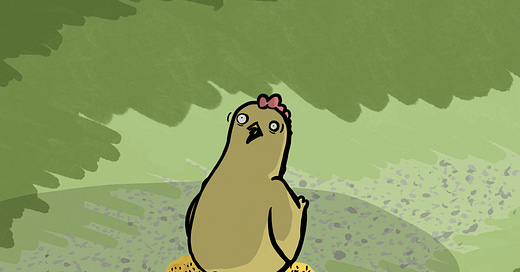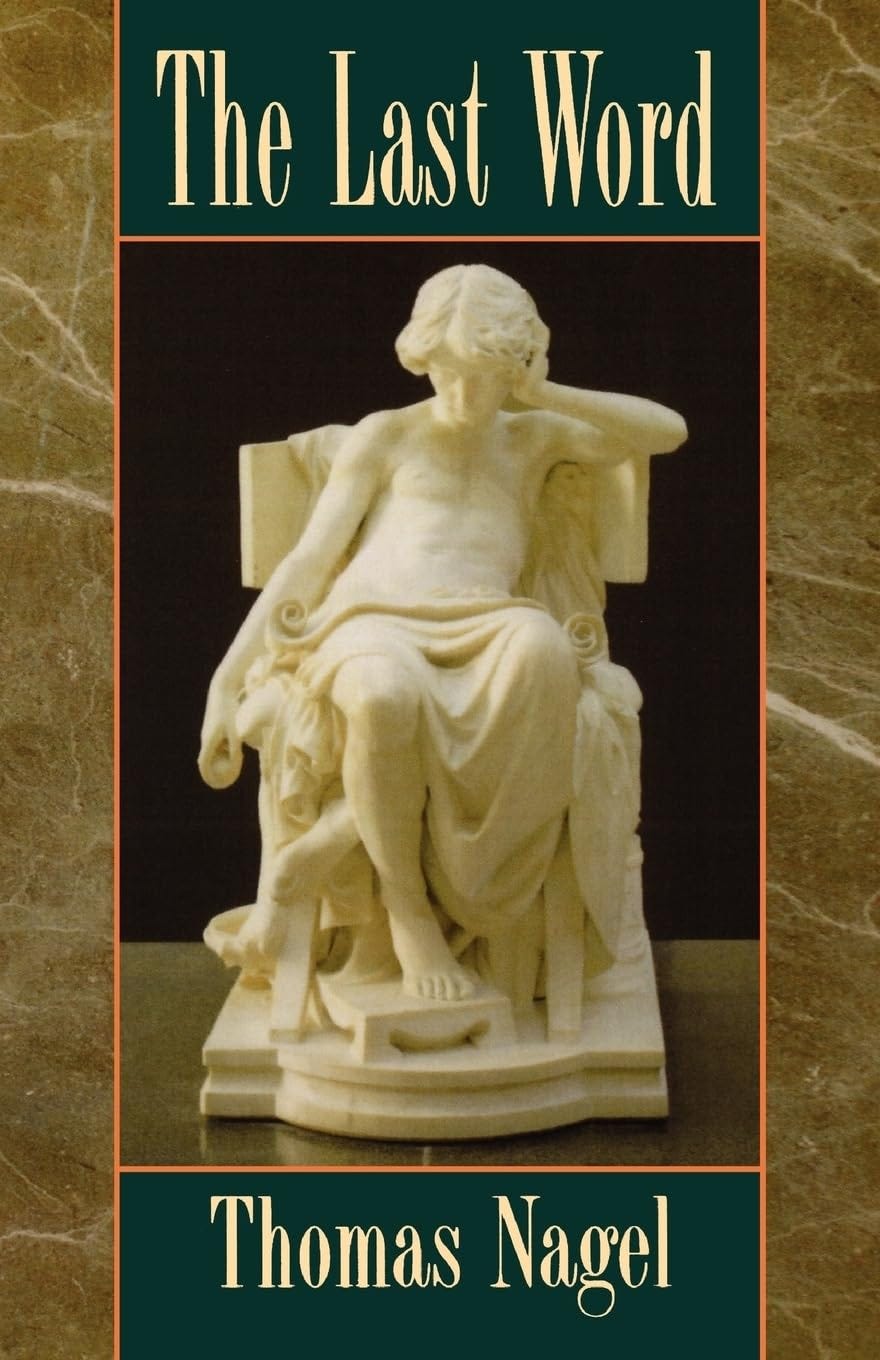It’s at the end of The Last Word by Thomas Nagel that fear of religion comes onstage. Capping a run of chapters with pleasingly-simple titles—Language, Logic, Science, and Ethics—the topic of the final chapter is an outburst of complexity: “Evolutionary Naturalism and the Fear of Religion.” This fear, Nagel asserts, has had “pernicious consequences for modern intellectual life.” While he opposes those consequences, he also understands them, because, Nagel admits, he is “strongly subject to this fear” himself. It’s not a fear of religious people; Nagel isn’t worried that a passing Mormon will pinch him on the arm. Nor is it a concern that religious institutions will, say, use their power to influence politics for the worse. It’s “much deeper,” Nagel says, a “fear of religion itself.” If that’s not much help, neither is his elaboration:
I want atheism to be true and am made uneasy by the fact that some of the most intelligent and well-informed people I know are religious believers. It isn’t just that I don’t believe in God and, naturally hope that I’m right in my belief. It’s that I hope there is no God! I don’t want there to be a God; I don’t want the universe to be like that.
Only a philosopher would distinguish hoping I’m right to believe there is no God, and hoping there is no God. But a real distinction does exist here, even if it’s not drawn in the most felicitous way. If I turned out to be wrong in my belief that New York is bigger than Boston, of course I’d be (mildly) upset, because I value having true beliefs. But I wouldn’t be upset for any further reason; balance would be restored simply by amending my opinion. It’s different, for Nagel, when the topic is God. He wants to be generally right in what he thinks, but also, separate from that, he wants to live in a Godless world. If the oracle revealed to him the divine nature of reality, Nagel could get one of the things he wanted—accurate beliefs—by becoming a theist; but his other desire, for a Godless world, would forever remain frustrated.
Nagel doesn’t want the universe to be like that. The question is why. It’s certainly odd, right?
Keep reading with a 7-day free trial
Subscribe to Mostly Aesthetics to keep reading this post and get 7 days of free access to the full post archives.





